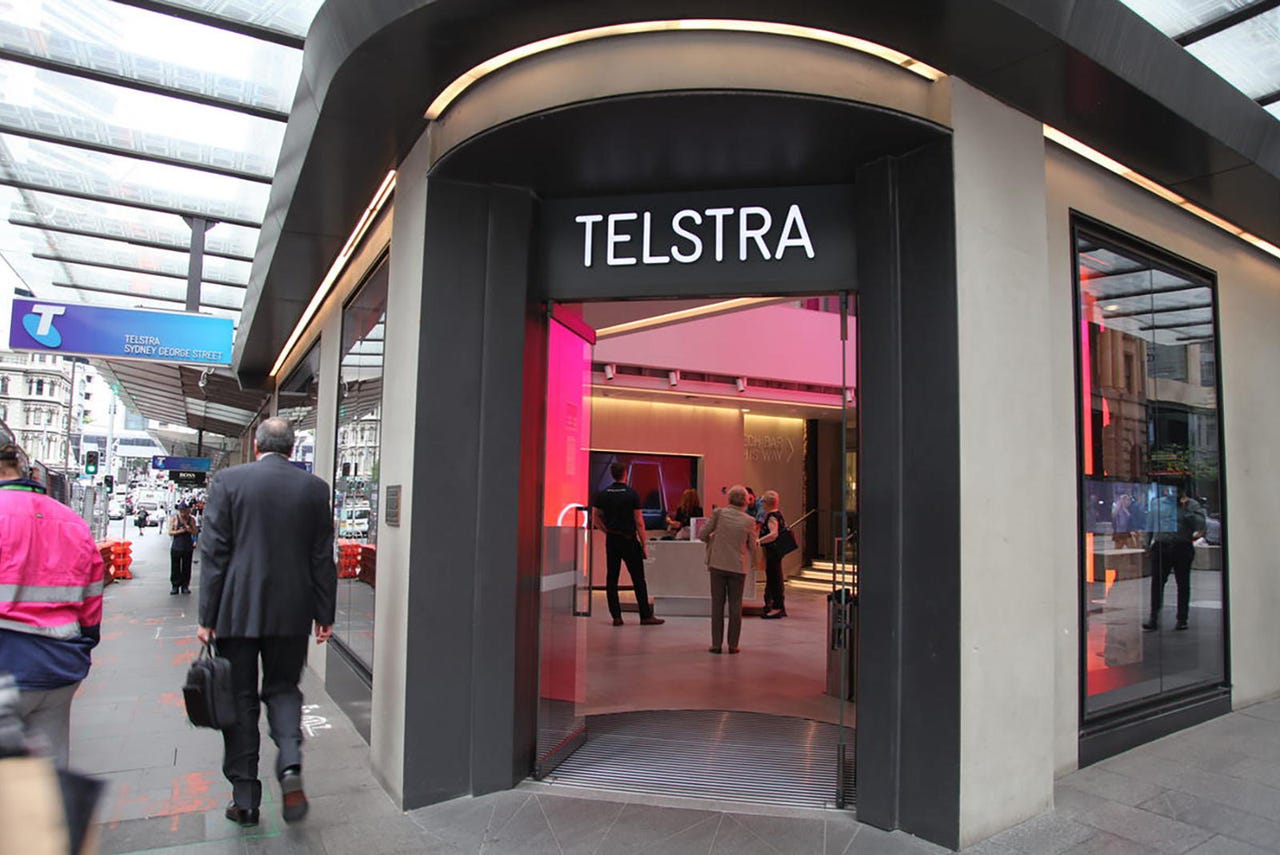Telstra restructuring approval meeting pushed to next year


Telstra took the opportunity on Thursday to lay out its T25 future strategy as its approaches the end of its T22 strategy, which kicked off in 2018.
"If T22 was a strategy of necessity, T25 is a strategy for growth," Telstra CEO Andy Penn said.
But one of the most significant changes to the company has continued to be pushed back -- the restructuring of Telstra that was first announced last year.
Under the plan, Telstra would break itself into fixed, tower, international, and service entities that sit under a holding company. The service entity would gain the bulk of Telstra, owning its retail business, active electronics and radio access network, spectrum, as well as offering services and products to customers. However, the existing Telstra corporate body and its debt would sit with InfraCo Fixed.
"The proposed restructure is one of the most significant in Telstra's history and the largest corporate change since privatisation. It will unlock value in the company, improve the returns from the company's assets, and create further optionality for the future," Penn said at the time.
Originally, the company had planned to put its restructuring up for a shareholder vote at its AGM in October, but those plans were ditched with the telco saying earlier this month it was planning on a separate meeting before the end of the year.
On Thursday, the telco revealed the meeting has been pushed to next year.
"Given the number of external factors that need to occur ahead of a shareholder vote, some of which are beyond our control, and the sequencing of this around the holiday season, the scheme meeting is now likely to be early next year," Penn said.
"We also know the government is considering amendments to legislation, so that it appropriately reflects our new structure once it is implemented.
"In making these changes the government is applying a principle of regulatory equivalence -- that is the regulatory obligations that currently apply to Telstra would also apply to the entities in the new corporate group in effectively the same way."
Elsewhere in its strategy, the telco said it expected 80% of its mobile traffic to be on 5G by fiscal year 2025 as it intends to double the number of cells in metro areas.
"We will have extended our 4G coverage to 100% of our network by FY24 enabling us to continue to lead in composite coverage, speed, and performance for 4G and 5G as we close 3G. This will set us up well for early planning on 6G, which will clearly be on the agenda by the end of T25," Penn said.
Regional customers will also see an extra 100,000 square kilometres of new 4G and 5G coverage.
See also: Best internet provider in Australia 2021: Top ISPs
The CEO added that the company is now able to use software to differentiate its network, for instance, creating "small blast zones and automated orchestration" to improve resilience.
"With software, we can dynamically manage all aspects of our network experience and boost security with our 5G network and edge compute capabilities so customers -- from those at home to big businesses -- can rely on safe and secure services," he said.
Bucking its historical reputation, Telstra is intending to focus on "exceptional" customer services across its telco and energy portfolio, with "personalised and localised" products and services due to the use of AI and predictive analysis.
"By mid next year, all voice [support] calls will be answered in Australia," consumer and small business group executive Michael Ackland said.
"We're rolling out diagnostics to solve customer problems before they know they have one."
Telstra also has plans to halve the number of complaints received by 2025.
Last month, Vodafone launched an AU$85 unlimited mobile data plan. When asked how Telstra would respond, Ackland said it was not a big part of the market and that Telstra has not seen much movement to this stage.
"It's a move we've all been expecting," he said.
On the fiscal front, Telstra is planning to have its health business grow to post AU$500 million in revenue, and have mid-single-digit earnings growth.
"Our financial ambition is to maintain leading operating cost metrics for a full service telco through capex discipline and efficiency, and cost reduction from completing the decommissioning or exiting of legacy IT systems," Penn said.
"We will deliver a further AU$500 million of cost reductions on top of the AU$2.7 billion already committed for T22, while at the same time investing for growth. The profitable growth of our health and energy businesses at scale will also contribute to our future success."
The telco is planning to boost its Plus rewards program from 3.5 million members to 6 million. It will have personalised offers and partner with large businesses as well as SMBs to have "greater reach into local markets".
The company added it was planning another investor day on November 16 to examine its health, energy, international businesses, as well as its workplace initiatives.
Related Coverage
- Telstra gets into vaccination rewards game
- Telstra rises as the new ACCC NBN speed report king
- Telstra giving small plan users a taste of 5G
- Telstra says turnaround is on as telco sees continued sales and profitability decline
- Boost Mobile to stay on Telstra network for another decade
- Telstra Health to pick up MedicalDirector for AU$350m
- Telstra makes public payphone calls free Australia-wide